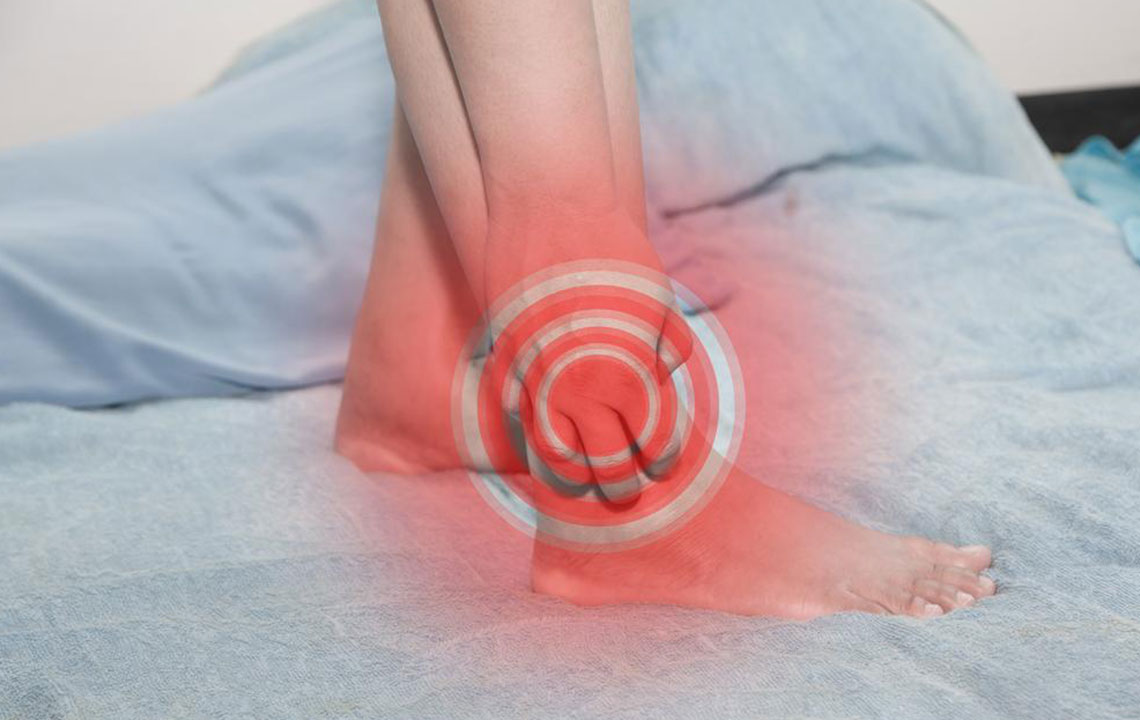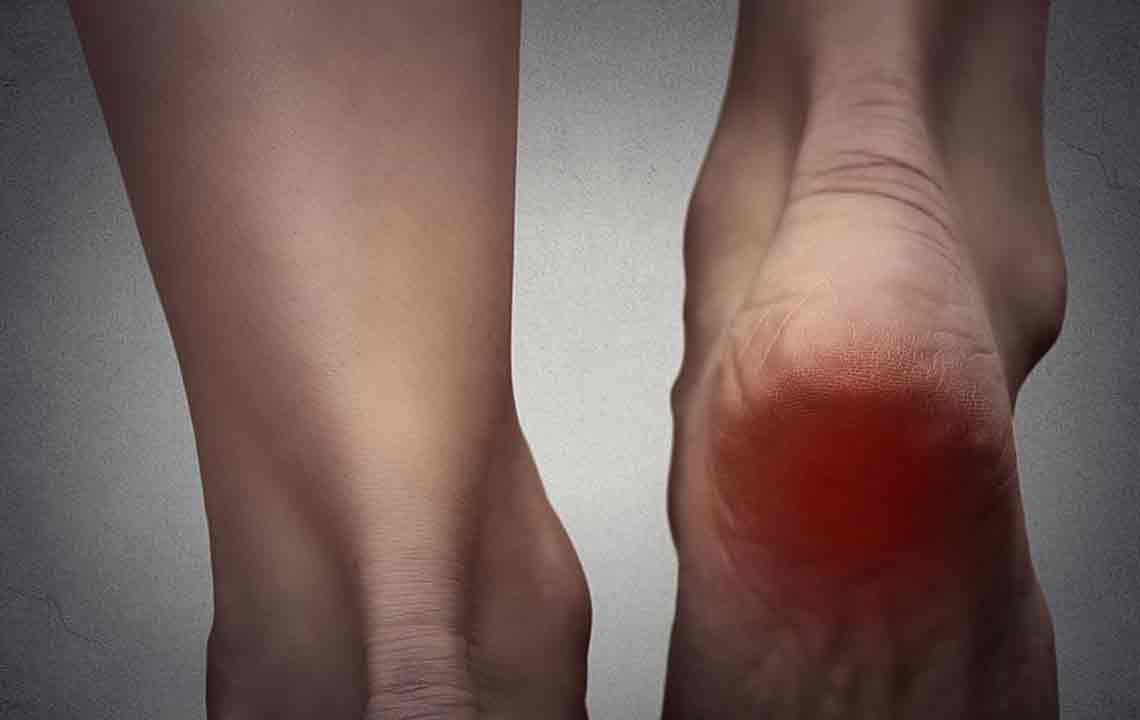Effective Methods to Control Gout Symptoms and Improve Joint Health
Discover top strategies to effectively manage gout pain through dietary choices, medications, and natural remedies. Learn how lifestyle changes can help prevent complications like kidney stones and improve overall joint health. This article provides practical tips for controlling uric acid levels, reducing flare-ups, and maintaining a healthy lifestyle for long-term relief from gout symptoms.

Effective Methods to Control Gout Symptoms and Improve Joint Health
Gout is a painful joint disorder caused by the accumulation of excess uric acid in the blood. This buildup results in crystal deposits that cause severe pain, swelling, redness, and tenderness in the affected joints. Both men and women can develop gout, especially due to factors like genetics, diets rich in purines, age, certain medications, obesity, alcohol intake, and medical history. Early intervention is essential to prevent joint deterioration and health issues such as kidney stones and heart problems. Proper management can help reduce symptoms and enhance quality of life.
If untreated, uric acid crystals may build up around joints and kidneys, increasing risks like kidney failure and heart disease. Severe joint pain warrants consultation with a healthcare professional for diagnosis, including joint fluid testing. Based on findings, personalized treatment strategies will be recommended to effectively manage gout.
Managing gout effectively involves lifestyle modifications and medication. Ignoring symptoms over time can lead to persistent crystal buildup and kidney issues. Keeping uric acid levels in check is crucial to prevent further joint damage and associated health risks. Regular doctor visits and tests can confirm diagnosis and help tailor treatment plans.
Dietary Recommendations
Adopting a balanced diet is key to alleviating gout. Focus on anti-inflammatory, low-purine foods to support management. Include whole grains, vegetables, low-fat dairy, legumes, and nuts in your diet.
Foods that lower uric acid levels include:
Healthy oils like olive, canola, or sunflower oil
Fresh fruits
Skim milk products
Vitamin C supplements (500-1000 mg daily)
Plenty of water
To minimize flare-ups, steer clear of:
Red meats and organ meats
Seafood such as lobster and shrimp
Excessive alcohol
Sugary drinks
Medical Treatments
Anti-inflammatory medications like NSAIDs, corticosteroids, and colchicine are commonly used to relieve pain and swelling. Uric acid-reducing drugs may be advised but only under medical supervision. Avoid self-medicating without professional guidance.
Natural Remedies
Apple cider vinegar (ACV) is a popular home remedy for gout. Mix a teaspoon of ACV in water with a touch of honey and drink 2-3 times daily to help ease pain and inflammation. Honey adds anti-inflammatory benefits.
Another natural approach involves lemon juice combined with baking soda. Mix half a teaspoon of baking soda with a tablespoon of lemon juice, then add to a glass of water. This mixture neutralizes body acidity and supports uric acid elimination. Consume once or twice daily for optimal results.
Cherries, rich in antioxidants and anthocyanins, may reduce gout attacks. Consuming 18-20 cherries daily or drinking cherry juice can help decrease pain and flares. Maintaining a healthy weight through gentle exercise further aids recovery and uric acid management.
Effective gout control relies on consistent effort and lifestyle adjustments. Long-term adherence to these strategies is crucial for symptom relief and joint health.


